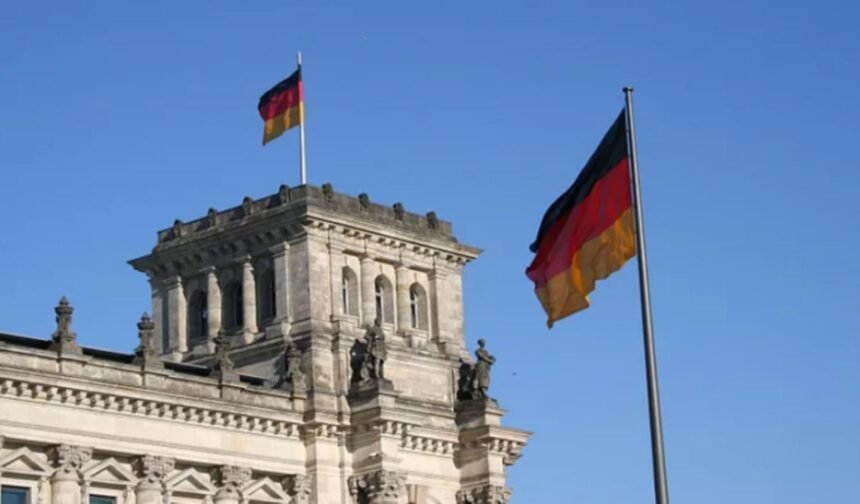The German Embassy in Kosovo has called on all political forces in Kosovo to fully respect and implement the decision of Kosovo’s Constitutional Court regarding the formation of the new parliamentary assembly following the February elections. Berlin warned of consequences if the ruling is not adhered to.
“Now politicians must act urgently to end this nearly six-month-long crisis. We expect a swift solution within the [Constitutional Court] deadline and call on all political stakeholders to work towards a compromise. Failure to respect the decision poses a threat to the welfare of citizens and Kosovo’s path to EU integration,” the German Embassy told Radio Free Europe/Radio Liberty.
The Kosovo Constitutional Court on August 8 issued a ruling stating that deputies must constitute the Assembly within 30 days and that the new Speaker should be elected via open voting. The 30-day timeframe begins when the full verdict is published in the Official Gazette, which has not happened yet.
The embassy’s statement comes amid the visit of Michael Reiffenstuel, German Director for the Western Balkans, who held meetings with Kosovo’s political and state leaders. According to the embassy, Reiffenstuel emphasized the importance of respecting the Constitutional Court’s ruling during his meetings with President Vjosa Osmani, outgoing Prime Minister and Vetëvendosje leader Albin Kurti, Democratic Party leader Memli Krasniqi, and Democratic League leader Lumir Abdixhiku. He also met with representatives of Kosovo Serb parties and civil society.
The European Union, alongside the embassies of the United States and Italy, have also urged Kosovo’s political parties to abide by the Constitutional Court’s decision.
While opposition parties PDK, LDK, and the Alliance for the Future of Kosovo welcomed the court’s ruling, the winning party Vetëvendosje criticized it as arbitrary, calling it a “dangerous deviation from the constitutional role” and a violation of fundamental principles of the rule of law and separation of powers.
The full Constitutional Court decision is expected to clarify unresolved issues, including the consequences if the Assembly is not constituted by July 26, a deadline previously set by the court and now withdrawn by President Osmani. The ruling may define the legal repercussions for ignoring the court’s 30-day order for forming the new Assembly.
The political crisis stems from the fact that no party won a majority in the February elections. Vetëvendosje won 48 seats, but other parliamentary parties have refused to vote for its candidate for Speaker, whose appointment requires at least 61 votes. According to the new court ruling, Vetëvendosje can propose a candidate for Speaker only three times.
In the February 9 elections, PDK came second with 24 seats, LDK third with 20 seats, followed by the Serb List with 9 seats, and the coalition of AAK and Social Democratic Nisma with 8 seats. An additional 11 seats belong to minority communities.







